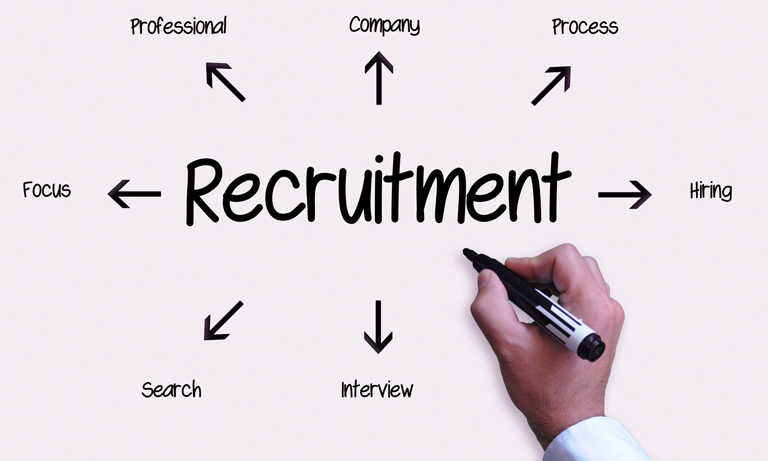 It is important to find the best candidate for each role rather than choosing the candidate who simply looks as though they’ll fit in
It is important to find the best candidate for each role rather than choosing the candidate who simply looks as though they’ll fit inMost hiring personnel still favour unstructured interviews which allow them to get to know the applicant by asking targeted questions in areas which they deem relevant and interesting. HR managers continually give unstructured interviews their highest ratings for perceived effectiveness, however dozens of studies have shown them to be one of the worst ways of predicting on-the-job performance.
Far more reliable tests are repeatedly shown to be those of a comparative evaluation nature such as aptitude tests, structured interviews, personality tests and tests of mental ability. So with this information available why do so many hiring personnel still choose to use this form of interview when it is clearly not the most effective way of predicting future work performance in new employees?
There are possibly two main factors which influence this decision.
Firstly, hiring personnel may be overconfident about their own ability to judge others; and secondly, they may well be averse to handing the judging of another person over to a machine or structured process, despite the fact that this can considerably improve the outcome in predicting candidate performance.
Research has shown that people usually look for someone like themselves during an interview which, in turn, can lead to a continuation in gender specific roles such as female nurses hiring more female nurses and male mechanical engineers recruiting more male mechanical engineers.
It is important to find the best candidate for each role rather than choosing the candidate who simply looks as though they’ll fit in; who likes the same recreational pursuits as the hiring manager; or who has a friendly and personable approach during an unstructured interview.
While these attributes are perceived as desirable and are essential in fitting into the workplace, hiring personnel must be aware that these interview methods are littered with irrelevant information and bias. Investing in work-sample tests is a far more beneficial and proven way of finding out whether a candidate is likely to perform.
These work-related tests will identify how well a candidate will perform in-role. As an example, a cloud storage company, Compose, chose to eliminate the bias factor of resumes by doing away with them entirely and instead opted to have candidates solve a job-related problem, judging them on how well they resolved it.
Relevant software and analytical tools that can be implemented into the recruitment process are provided by companies such as Blendoor, Paradigm, Edge, Applied and Unitive amongst others. By using these tried and tested approaches, an HR manager can bring uniformity and structure to the interview process, allowing for a far less biased process.
Whilst most employers will still want to see the candidate, by relying upon work-related tests and structuring interviews in a standard and methodical way, the tendency to lean toward bias is largely reduced and subjectivity eliminated.
This way companies can rely upon getting the best talent rather than someone who merely seems to fit in.
Join Over 40,000 Recruiters. Get our latest articles weekly, all FREE – SEND ME ARTICLES
Recruiters love this COMPLETE set of Accredited Recruitment & HR Training – View Training Brochure








